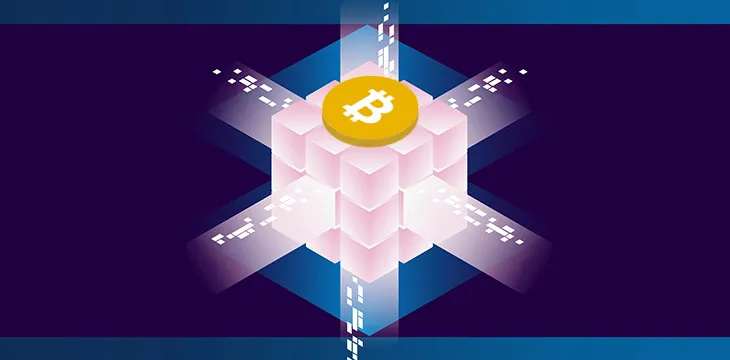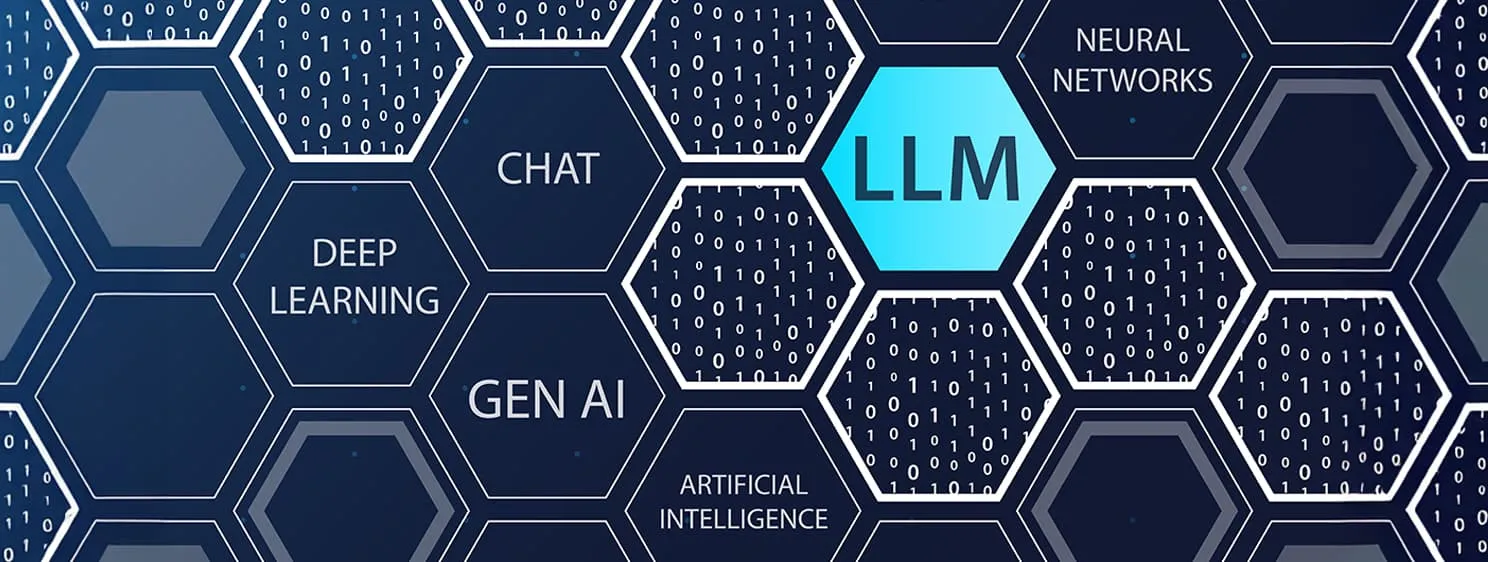|
Getting your Trinity Audio player ready...
|
Bitcoin has taken another big step in returning to its original protocol and pursuing its path of massive scaling. The Bitcoin SV Node team are planning a July 24 upgrade of the Bitcoin SV (BSV) network, nicknamed the “Quasar” protocol upgrade. With the upgrade, the BSV network will have a significantly higher default block size “hard cap” of 2GB.
Previously outlined by the Bitcoin SV Node team’s July 13 blog post, “Quasar upgrade 24th July recommendations – roadmap to Genesis part 2,” the only change of the update is to increase the hard cap on block sizes; however that is a significant change indeed. The previous hard cap of 128MB has already been hit by the BSV community, with real world usage reaching that limit several times in the past four months.
In testing on the BSV Scaling Test Network, BSV has already proven to be capable of mining much larger blocks, with 1.4GB blocks mined in testing. Now that larger limits are rolling out to the mainnet, the whole world can experience the benefits of massive blockchain scaling made possible on BSV. The greater block capacity will enable 1,000+ transactions per second on the BSV network, and even higher with more technical improvements.
As the BSV Node team has noted, the 2GB block size limit is a default “hard cap.” Miners are free to set their hard cap to a lower level. In fact, miners representing a significant portion of the BSV network mining hash have signaled that they will set their hard cap to 512MB, which would form a different form of hard cap—the “consensus” hard cap. For the BSV Node team’s recommendations and instructions for mining nodes and anyone else who runs an instance of Bitcoin SV software (“blockchain listeners” who do not write to the blockchain, such as exchanges and wallet operators), refer to their blog post here.
The Quasar upgrade is a key step toward the ultimate goal. When the Genesis protocol upgrade comes on February 4, 2020, Bitcoin will be returned to its original protocol as closely as possible while removing entirely the default hard cap. Going forward, protocol developers will not determine a default hard cap setting. Instead, scaling will be truly unlimited, and miners will have the freedom to set block size limits to numbers they are comfortable with, and market forces will determine how much Bitcoin can and will scale, as Satoshi Nakamoto originally intended.
Only with the scaling on the BSV blockchain—through the Quasar upgrade and then what Genesis will unleash in 2020—can the world’s enterprises build to the level they require. As limits are removed from the Bitcoin blockchain, more transactions can be handled per block and transaction fees will remain very low; thus big businesses can begin transferring their business models to a blockchain that can handle the countless of payments and data transactions—including at a micro-level—they require in a new digital economy powered by Bitcoin.
And unlike other attempted blockchain platforms, which either can’t or are unwilling to scale massively, BSV is proving that by scaling block sizes massively, transaction fees are kept low enough to enable new business uses, while greater volumes of transaction fees possible with bigger blocks create an incentive for miners to keep the blockchain secure.
The Quasar update is already an important leap forward in Bitcoin’s history, allowing it to handle significantly more volume than any other public blockchain. It is just a step along the road to Genesis though, when Bitcoin will return to its original protocol and Satoshi Vision of unlimited scaling.

 07-02-2025
07-02-2025 





